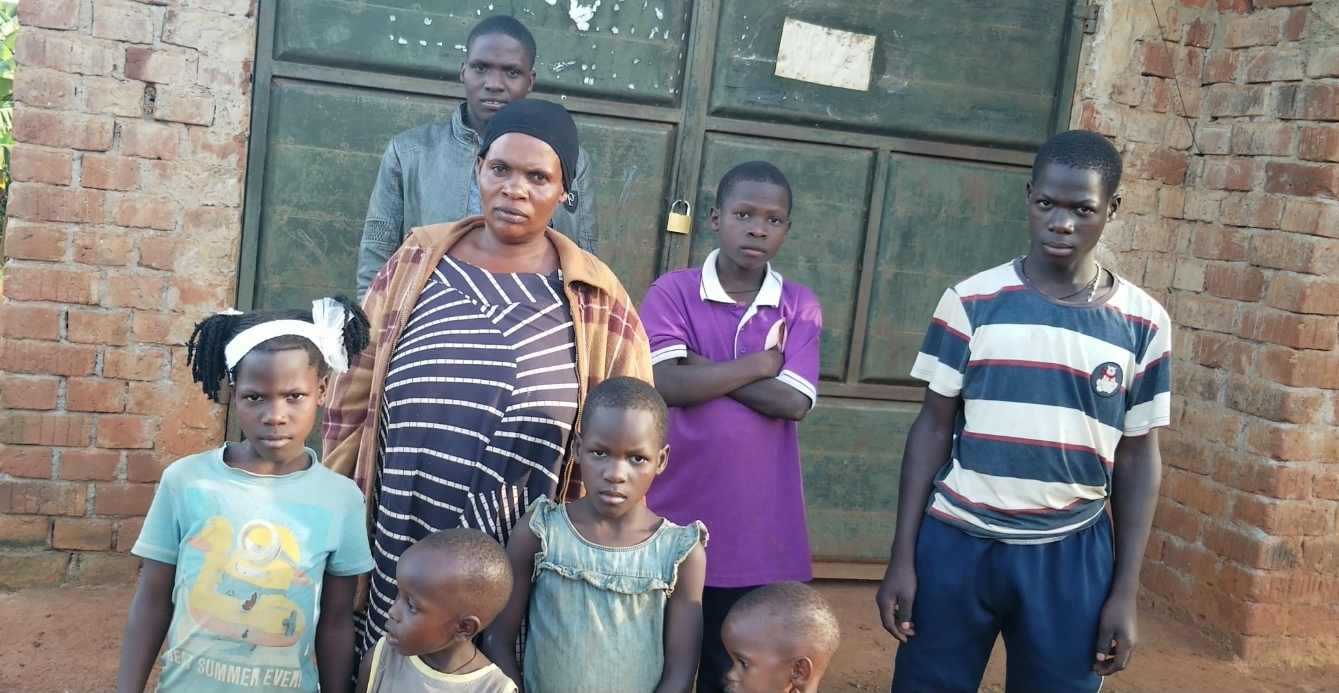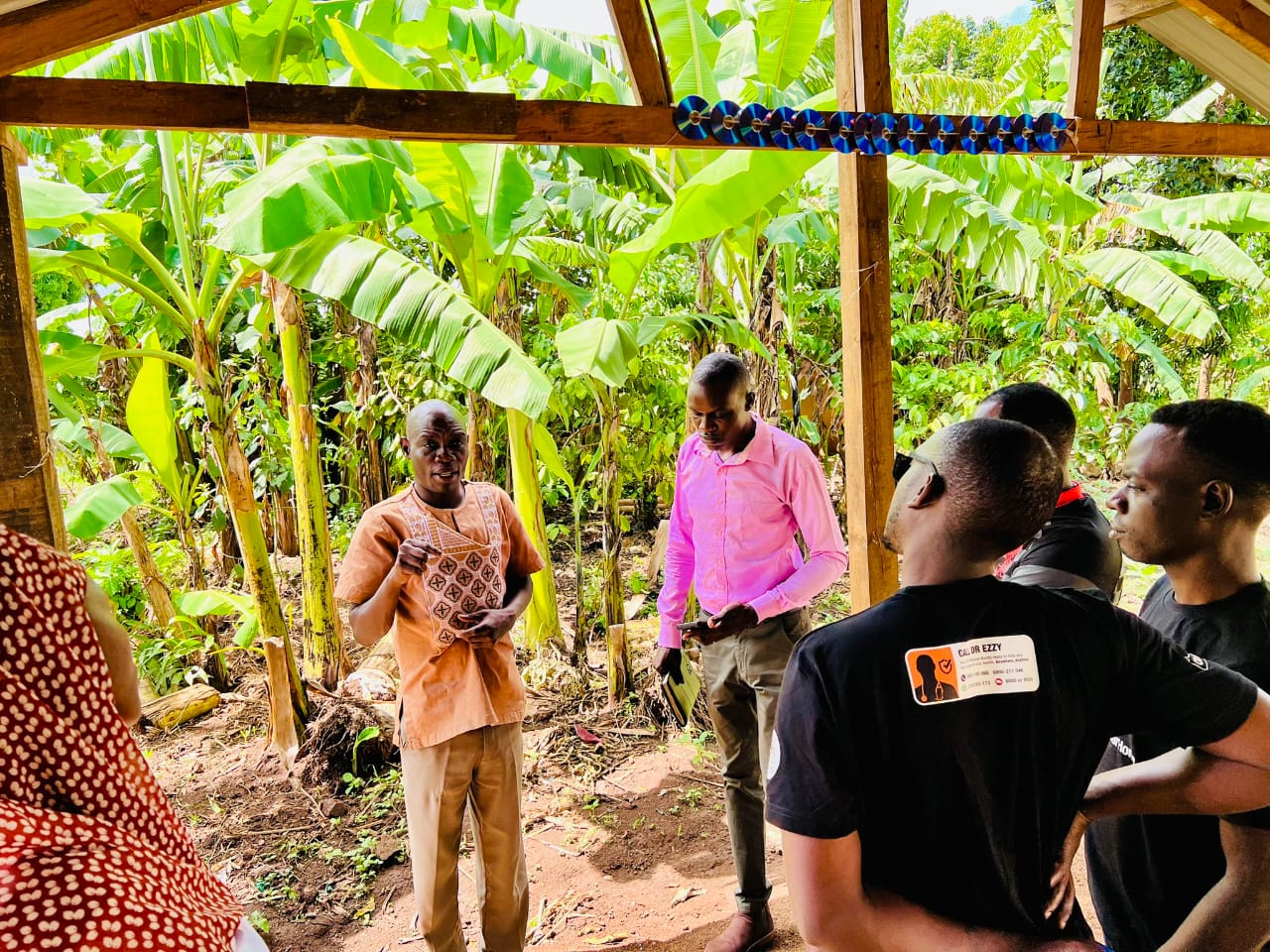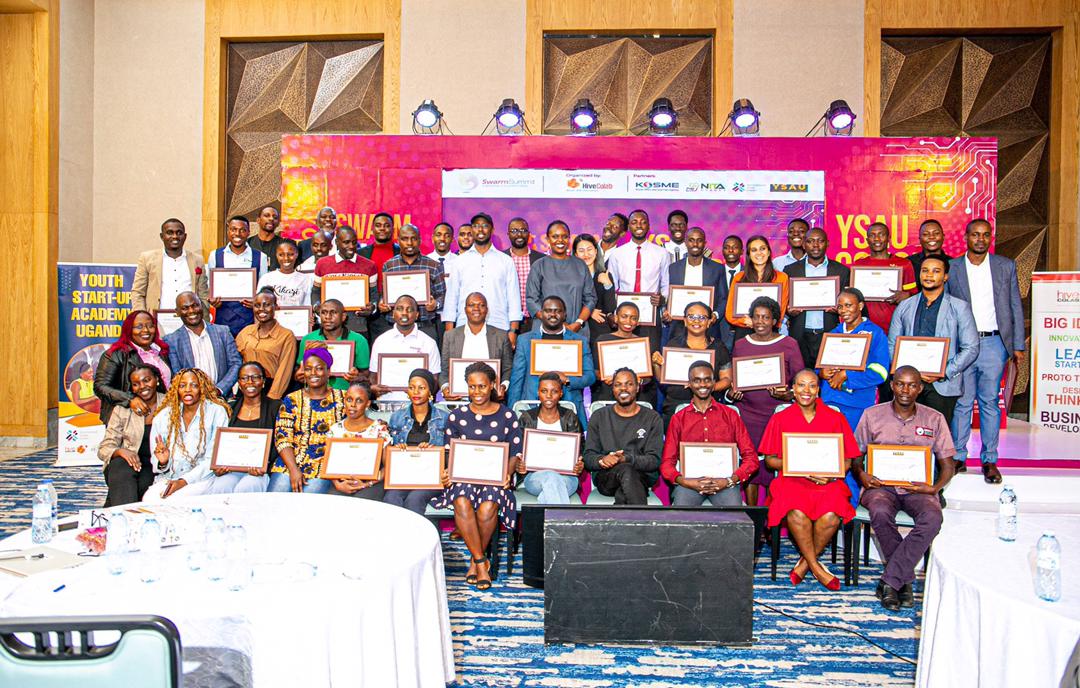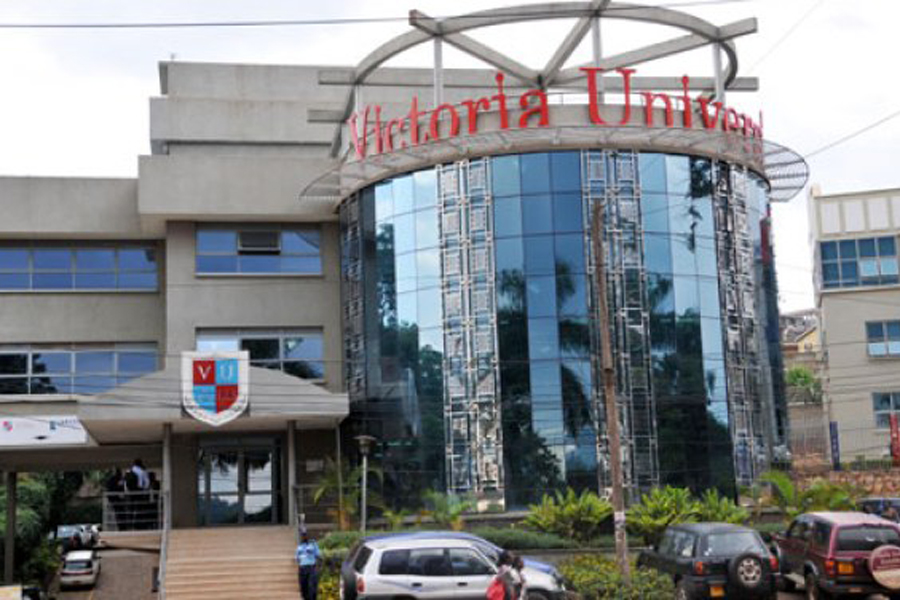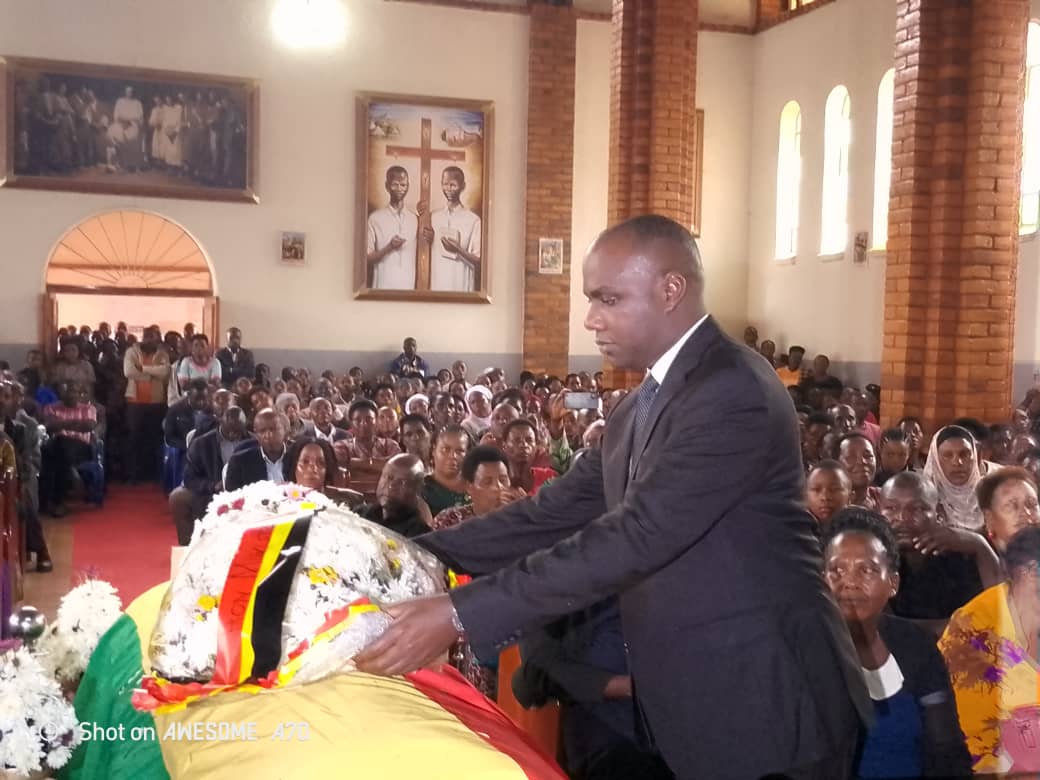Housing Deficit in Uganda Reaches Alarming Levels
Uganda, known for its vibrant culture and breathtaking landscapes, is grappling with a housing deficit crisis of unprecedented proportions. With rapid urbanization and a burgeoning population, the demand for adequate housing has skyrocketed, far outpacing the supply. This deficit not only poses significant challenges to the quality of life for millions but also undermines the country's socio-economic development.
The housing deficit in Uganda has reached alarming levels, with estimates suggesting a shortfall of over 2.4 million housing units, according to the Uganda Bureau of Statistics. This deficit primarily affects urban areas, where the influx of people seeking better opportunities has intensified pressure on already limited housing stock. Kampala, the capital city, bears the brunt of this crisis, with overcrowded slums and informal settlements proliferating at an alarming rate.
Keep Reading
One of the primary factors exacerbating the housing deficit is the lack of affordable housing options. Low-income earners, who constitute a significant portion of Uganda's population, often find themselves priced out of the formal housing market. High construction costs, coupled with limited access to financing, further constrain the supply of affordable housing units, leaving millions of Ugandans without a decent place to call home.
Furthermore, inadequate urban planning and land use policies have contributed to the proliferation of informal settlements, characterized by substandard housing conditions and limited access to basic amenities such as clean water, sanitation, and electricity. These settlements, often located in high-risk areas prone to flooding and other environmental hazards, expose residents to heightened vulnerabilities and exacerbate social inequalities.
The housing deficit also has far-reaching implications for health, education, and economic productivity. Overcrowded living conditions increase the risk of disease transmission, exacerbating public health challenges such as the spread of infectious diseases like COVID-19. Moreover, children living in inadequate housing often face barriers to accessing education, perpetuating cycles of poverty and inequality.
In response to the housing crisis, the Ugandan government has taken steps to address the underlying challenges. Initiatives such as the National Housing Policy and the Uganda Vision 2040 framework aim to promote sustainable urban development and improve access to affordable housing for all citizens. Additionally, partnerships with the private sector and international organizations have been forged to mobilize resources and expertise towards expanding housing opportunities.
However, significant obstacles remain in bridging the housing deficit gap. Limited access to land, inefficient land tenure systems, and bureaucratic hurdles hamper efforts to scale up housing construction projects. Moreover, the socio-economic impacts of the COVID-19 pandemic have further strained resources and disrupted livelihoods, exacerbating housing inequalities and deepening the plight of vulnerable populations.
Addressing the housing deficit in Uganda requires a multifaceted approach that encompasses policy reforms, investment in infrastructure, and community engagement. Empowering local authorities to enforce land use regulations and promote inclusive urban planning is essential for sustainable urban development. Additionally, innovative financing mechanisms and incentives are needed to spur private sector participation in affordable housing provision.
As Uganda grapples with the formidable challenge of housing deficit, concerted efforts from government, civil society, and the private sector are imperative to ensure that all citizens have access to safe, affordable, and dignified housing. Failure to address this crisis not only jeopardizes the well-being of millions but also undermines the country's aspirations for inclusive growth and sustainable development.





